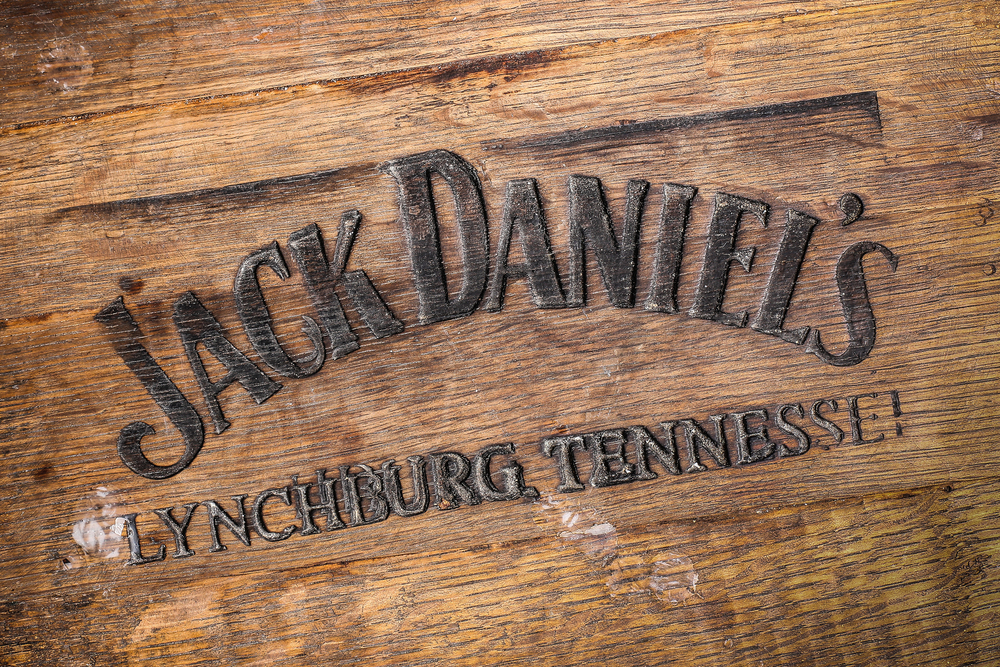In a surprising move, Brown-Forman Corp. — the parent company of the popular whiskey brand Jack Daniel’s — has announced plans to abandon its corporate diversity, equity and inclusion programs. This decision — revealed in a letter to employees — marks a significant shift for a company that has historically emphasized DEI initiatives.
What led to this decision?
According to reports, Brown-Forman will no longer tie compensation to DEI objectives, participate in the Human Rights Campaign’s corporate-equality index or engage with diverse suppliers. This decision comes on the heels of pressure from right-wing activist Robby Starbuck, who threatened to lead a boycott against Jack Daniel’s unless the company halted its DEI efforts.
The historical context
This move is particularly ironic given that Jack Daniel’s owes much of its success to a Black man — Nathan “Nearest” Green — who was instrumental in perfecting the whiskey distillation process. Green — a formerly enslaved individual — taught Jack Daniel how to filter whiskey through charcoal, a method that became pivotal to the brand’s success. Unfortunately, Green’s contributions went unrecognized for over a century.
Recognition of Nearest Green
It wasn’t until Jack Daniel’s 150th anniversary in 2016 that the company began to honor Green’s legacy through social media and distillery tours. In 2017, they officially recognized him as the brand’s first master distiller on their website. This acknowledgment came largely due to the efforts of Fawn Weaver — founder of the Black-owned spirits brand Uncle Nearest — who has dedicated years to highlighting Green’s contributions.
The impact of ending DEI programs
The decision to end DEI programs raises concerns about the future of diversity and inclusion within the company and the industry at large. Critics argue that this move could set a dangerous precedent, especially in a climate where many companies are striving to improve their DEI initiatives. The abandonment of these programs may alienate customers who value corporate responsibility and inclusivity.
Empowering Black-owned businesses
Despite the setback at Jack Daniel’s, Fawn Weaver emphasizes the importance of supporting Black-owned businesses as a way to honor the legacy of individuals like Nearest Green. She advocates for creating more opportunities for Black brands to thrive, “We need more Uncle Nearests. So how do we create more Uncle Nearests? The answer is to make sure the Black brands that are coming out, and are out, actually have the resources they need,” she stated.
The decision by Brown-Forman to abandon its DEI initiatives is a significant step backward for diversity in the corporate world. As consumers, it is essential to hold companies accountable for their commitments to equity and inclusion. Supporting Black-owned businesses and advocating for diversity in all sectors can help ensure that the contributions of individuals like Nearest Green are not forgotten.
As the conversation around diversity and inclusion continues, it is crucial for brands to recognize the value of diverse perspectives and the importance of honoring the legacies of those who paved the way for success.
















